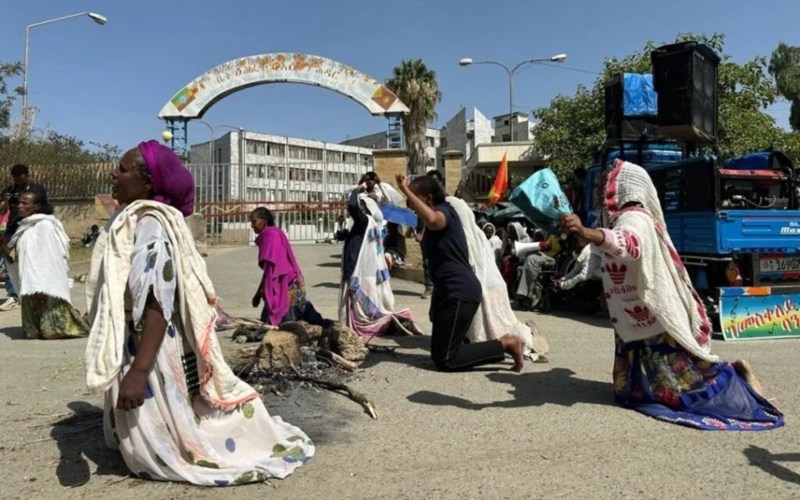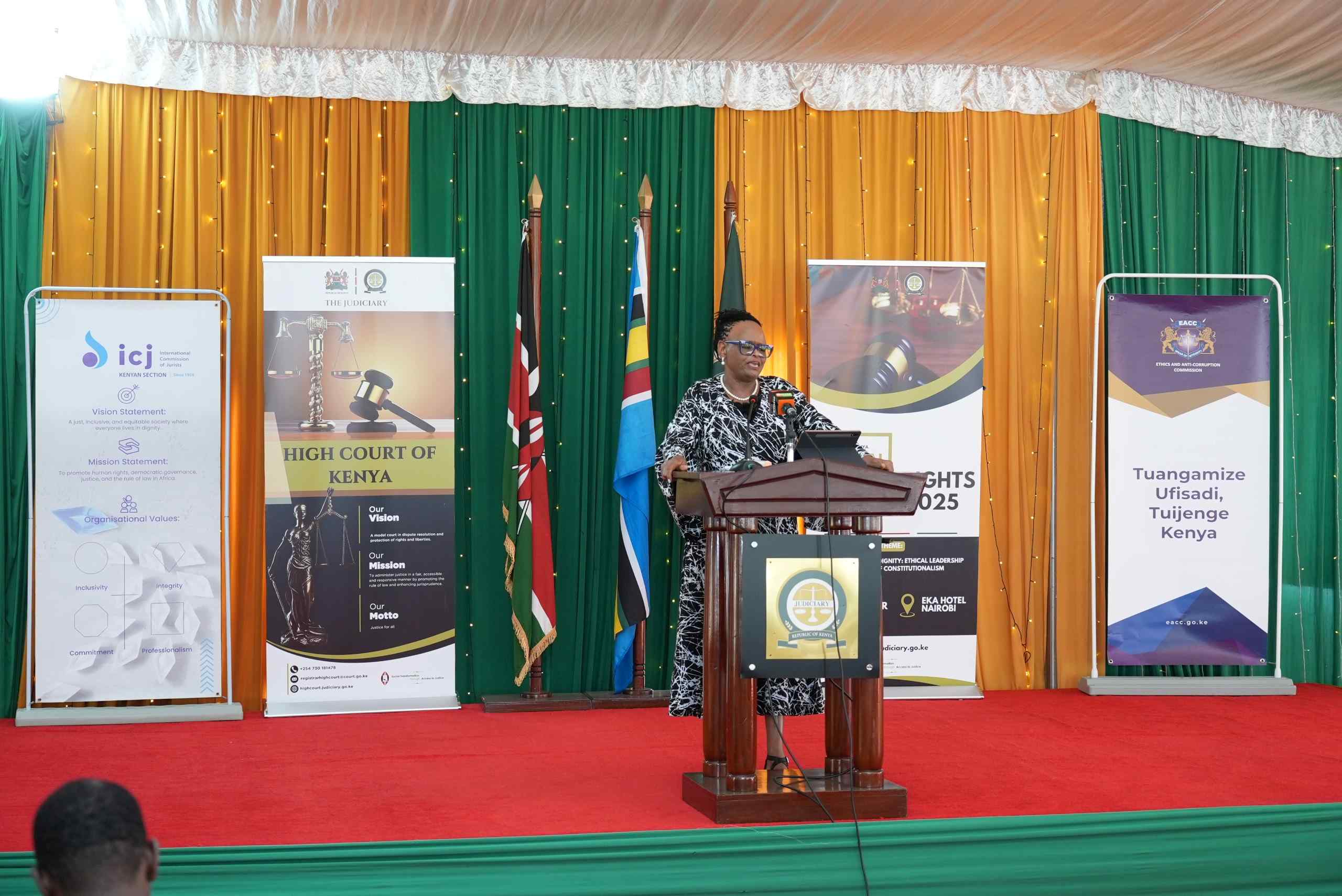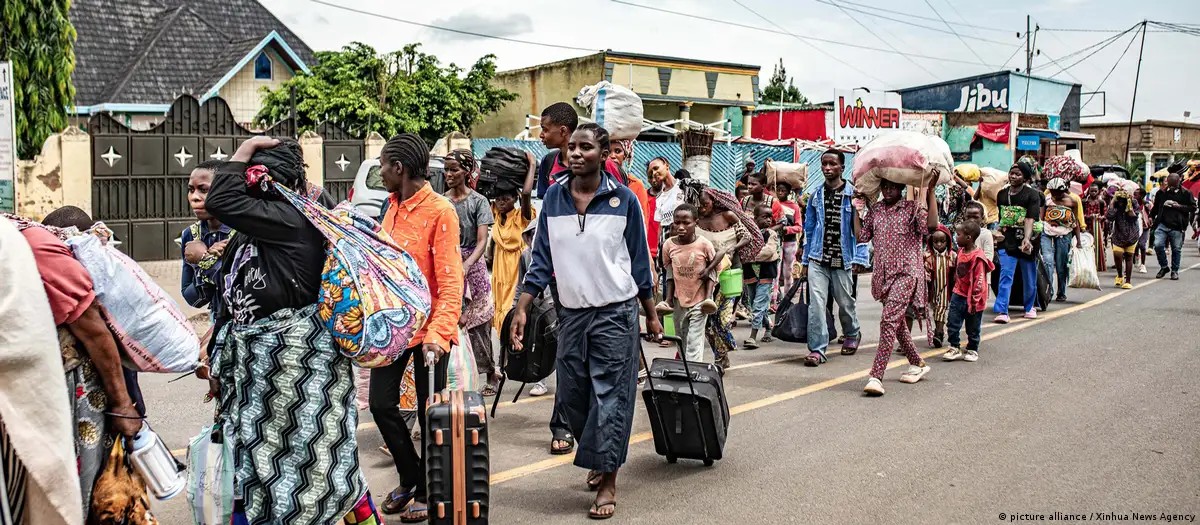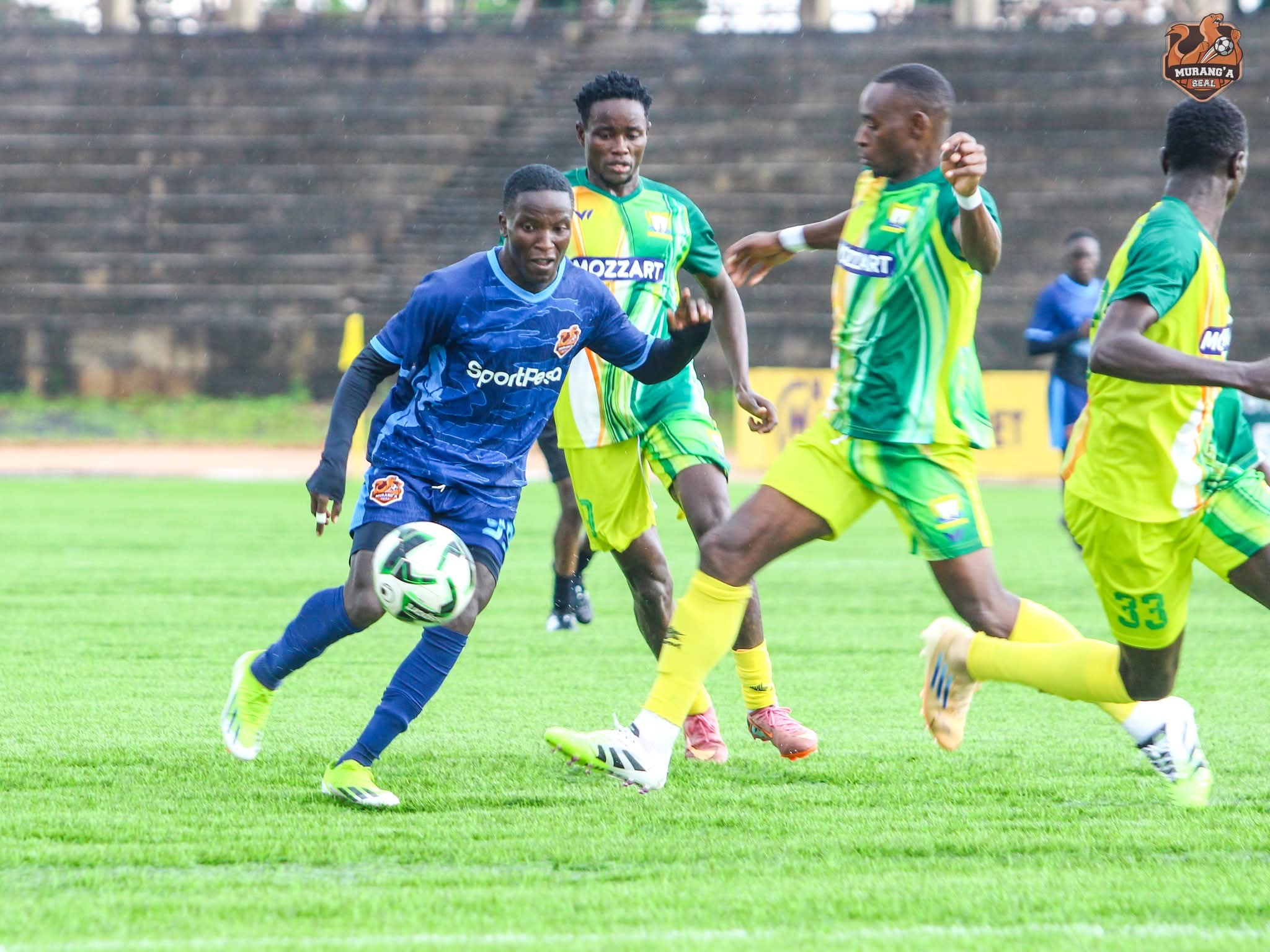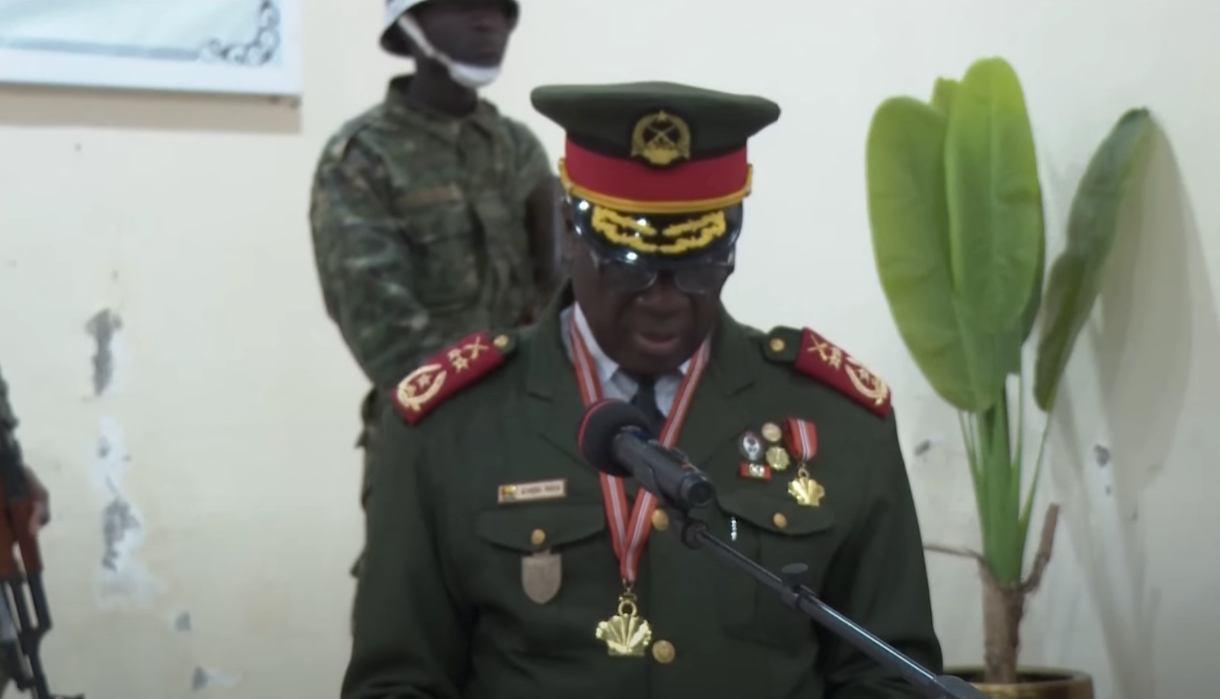High Court to rule on Gachagua plea for bench to hear impeachment petitions
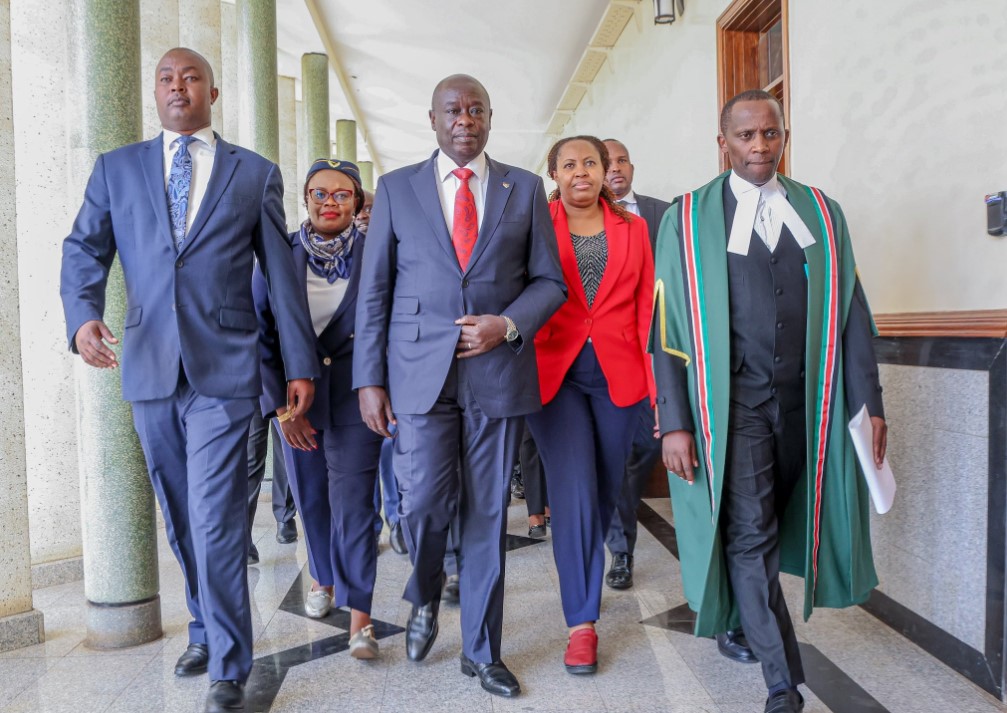
Muite said the impeachment of a deputy president and the president cannot be equated with that of a governor or deputy governor.
The High Court will on Friday rule on whether the petitions challenging the impeachment of Deputy President Rigathi Gachagua will be heard by a bench of three or five as sought by his lawyers.
Gachagua's lawyers, led by senior counsel Paul Muite and Elisha Ongoya, made an application before Justice Lawrence Mugambi to forward the file to Chief Justice Martha Koome to form the bench.
More To Read
- High Court bench dismisses bid to disqualify judges from DP Kindiki appointment case
- Petitioner seeks recusal of judges in Gachagua's impeachment case over alleged bias
- Gachagua declares 2027 presidential bid, dismisses impeachment concerns
- Gachagua declines to provide details on alleged Ruto-Al-Shabaab meetings, insists matter is under US investigation
- Gachagua reveals ministries, reforms he negotiated with Ruto for 2022 votes
- Police ready to handle potential unrest as Gachagua returns from US, Murkomen assures
Muite's team argued that there are weighty and serious questions of the law that need a bench of an even number of judges to determine.
While seeking the referral, Muite and colleagues told the court that the petitions by Gachagua and four others argue that the public participation was not done properly and the DP was not given a fair hearing at the National Assembly before the impeachment motion was tabled.
Muite said the public participation held last week ought to have been done before the impeachment motion was placed before members of the Parliament and not days after.
He added that Gachagua should have also been allowed to defend himself against the accusations against him before the impeachment motion was tendered in Parliament.
"The public participation is wholly inadequate and against the guidelines given by the Supreme Court earlier," Muite said.
But lawyers Peter Wanyama and Paul Nyamondi, who are representing the National Assembly, opposed the application stating that the proceedings of Parliament were legal and conducted according to the law and procedures.
The two said the issues raised in the petitions before the court have been overtaken by events since the National Assembly has already concluded the impeachment. They said the National Assembly has no powers to go back to the process of impeaching Gachagua that was concluded Tuesday night.
But Muite dismissed the arguments saying the issues are not related to the current events and are very live because anything done contrary to the Constitution is a nullity and Gachagua is not to blame.
Muite said the impeachment of a deputy president and the president cannot be equated with that of a governor or deputy governor.
"The petition is not about the current events. Let's argue the issue before a bench of an even number because these are serious issues that will guide this process in the future," Muite said.
Lawyer Ndegwa Njiru said according to Article 165 (3) (d) of the Constitution, the High Court has the power to interrogate actions of any state organ to determine if it was done appropriately.
"The court can't stop that process but when the state organ is done with the process, the court can decide on the legality of the process and the conduct of the state organ," Njiru said.
The Senate will be holding sessions on October 16 and 17 to hear the impeachment before sending Gachagua home if they uphold the motion to remove him from office.
Top Stories Today



